Fertilizer for Teas, China's, and a few D Austin's - what works
lissa1020
9 years ago
Featured Answer
Sort by:Oldest
Comments (16)
lissa1020
9 years agolast modified: 9 years agoRelated Professionals
Edmond Landscape Architects & Landscape Designers · Tomball Landscape Architects & Landscape Designers · San Juan Landscape Architects & Landscape Designers · Blue Springs Landscape Contractors · Dinuba Landscape Contractors · East Lake-Orient Park Landscape Contractors · Fishers Landscape Contractors · Hampton Bays Landscape Contractors · Pomona Landscape Contractors · Salem Landscape Contractors · The Woodlands Landscape Contractors · Philadelphia Siding & Exteriors · Riverside Siding & Exteriors · Silver Spring Siding & Exteriors · Westminster Siding & ExteriorsPoorbutroserich Susan Nashville
9 years agolast modified: 9 years agojerijen
9 years agolast modified: 9 years agobluegirl_gw
9 years agolast modified: 9 years agolissa1020
9 years agolast modified: 9 years agolissa1020
9 years agolast modified: 9 years agotuderte
9 years agolast modified: 9 years agonikthegreek
9 years agolast modified: 9 years agolissa1020
9 years agolast modified: 9 years agonikthegreek
9 years agolast modified: 9 years agoibheri
9 years agolast modified: 9 years agomichaelg
9 years agolast modified: 9 years agosubk3
9 years agolast modified: 9 years agoMary423
9 years agolast modified: 9 years agolissa1020
9 years agolast modified: 9 years ago
Related Stories

GARDENING GUIDESGet on a Composting Kick (Hello, Free Fertilizer!)
Quit shelling out for pricey substitutes that aren’t even as good. Here’s how to give your soil the best while lightening your trash load
Full Story
MOST POPULARKitchen of the Week: Broken China Makes a Splash in This Kitchen
When life handed this homeowner a smashed plate, her designer delivered a one-of-a-kind wall covering to fit the cheerful new room
Full Story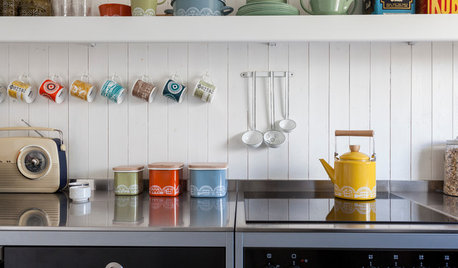
LIFEHow Do You Make Your Tea and Coffee in the Morning?
A morning cup is a must for many, and preparation comes in many guises. We look at coffee and tea habits across the Houzz community
Full Story
DECORATING GUIDES8 Inventive Ideas for Your Unused China
Is your dishware collection gathering dust at the back of your cupboard? Pull it out and let it shine with these eye-catching display ideas
Full Story
DIY PROJECTSDining Set Makeover: Paint and Tea-Tinted Fabric Make Old Chairs New
Reclaim dated dining chairs for far less than buying new, using spray paint, modern fabric and a handful of tea bags
Full Story
KITCHEN DESIGNHot Ideas and Tips for Coffee and Tea Stations
Let options like drawer inserts and built-in coffeemakers percolate now, so your hot-drinks station can best serve holiday guests
Full Story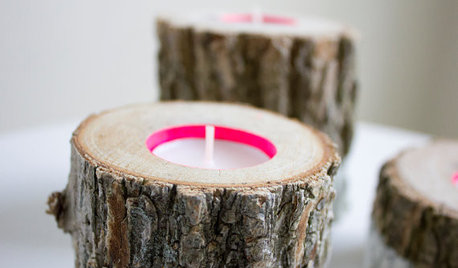
PRODUCT PICKSGuest Picks: Have a Spot of Tea Lights
Set your home aglow with these pretty, rustic, modern and creative tea lights and holders
Full Story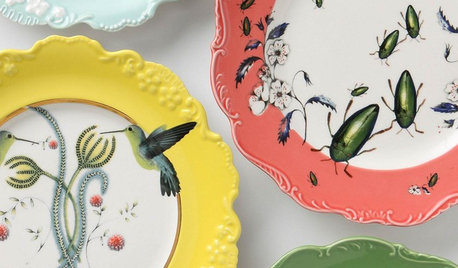
PRODUCT PICKSGuest Picks: Dishes and Tea Towels That Bring a Smile
Eat your heart out with kitchen accessories that put the "fun" in "functional"
Full Story
DINING ROOMSHow to Organize and Style Your China Hutch
Whether you reserve your cabinet for your good china or stock it with everyday tableware, here are ideas for arranging it
Full Story
GARDENING GUIDESHow to Keep Your Citrus Trees Well Fed and Healthy
Ripe for some citrus fertilizer know-how? This mini guide will help your lemon, orange and grapefruit trees flourish
Full Story





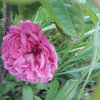
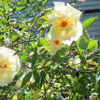
luxrosa